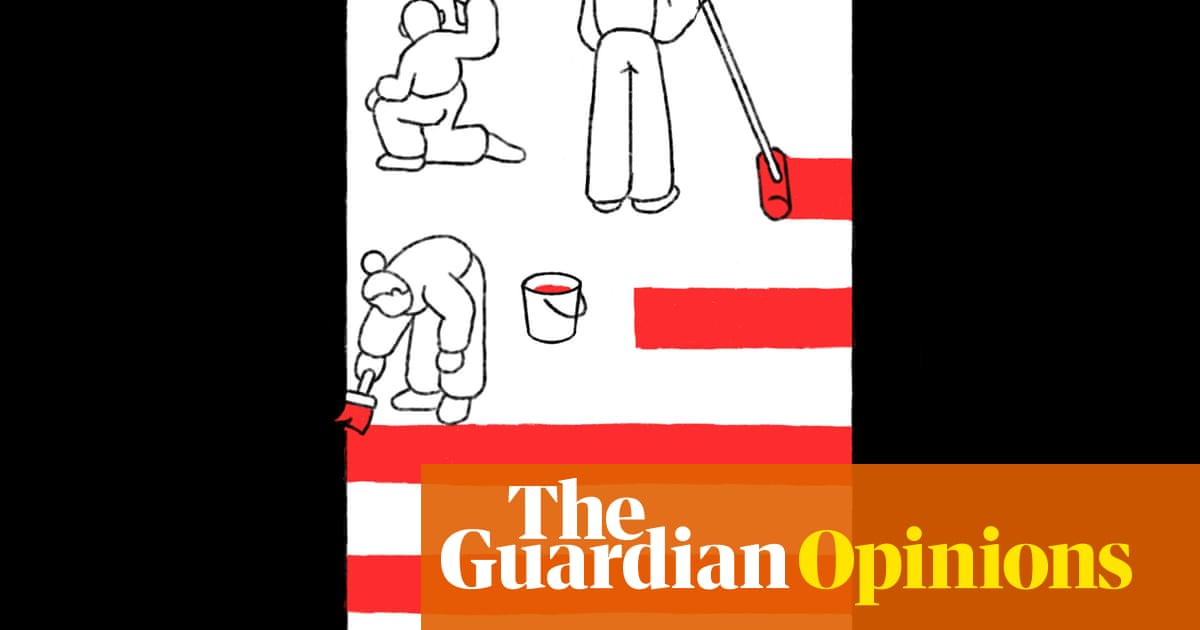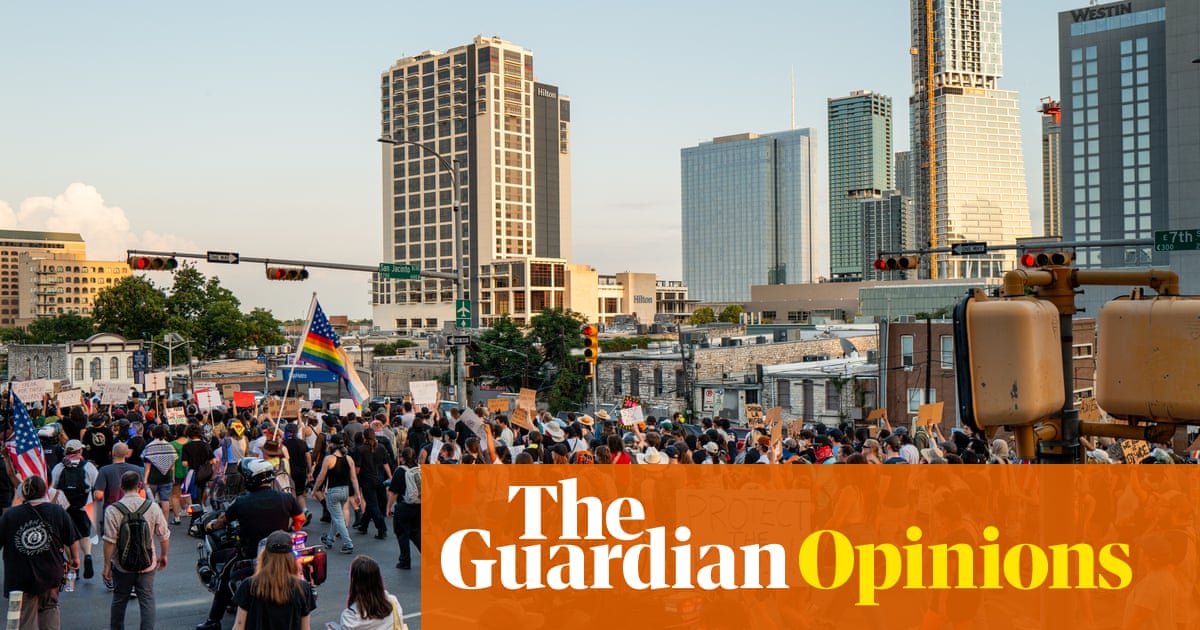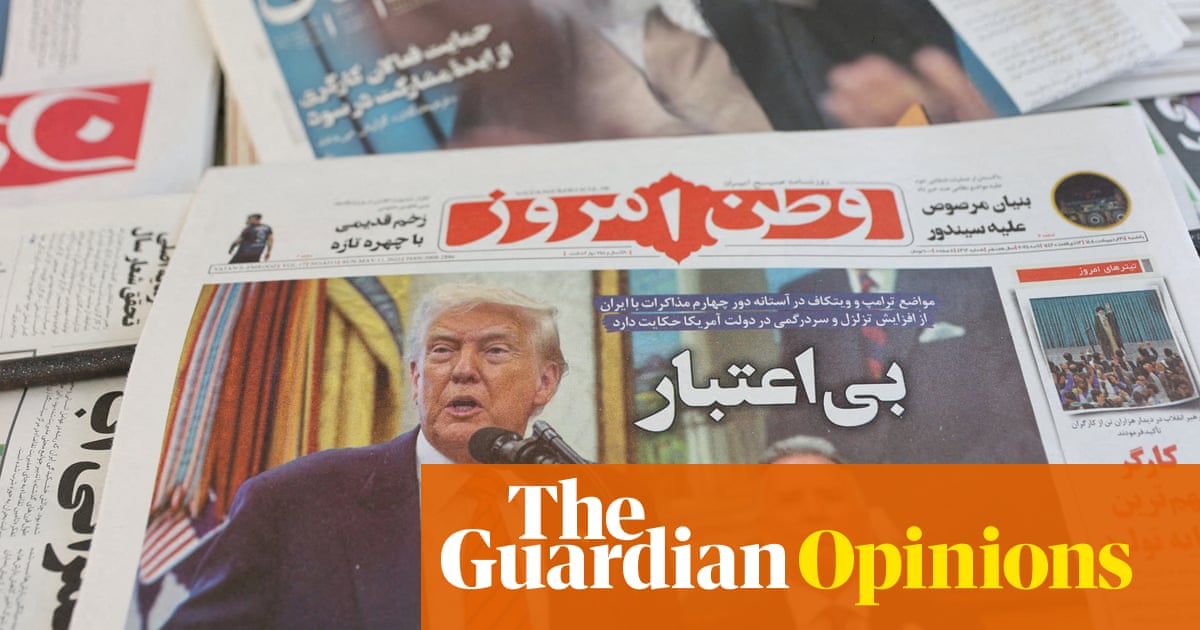Few people want to live in an echo chamber. Many have no problem being friends with those who vote differently to the way they do. And many would probably agree with John Stuart Mill that “he who knows only his own side of the case, knows little of that” – that to truly know one’s own argument, one must also know the arguments of those who disagree.
How to create a culture that encourages more fruitful engagement between those of differing political views has become a key question in contemporary public debate. Nowhere more so than in universities, where there has been much debate about “viewpoint diversity”, the aspiration to nurture differing and conflicting perspectives within an institution or group as a means of sharpening arguments and teasing out truths.
Universities have in recent decades become recognised as predominantly liberal institutions in which the range of debates can be constrained, both by the fact that most people share a similar perspective and by a culture wary of ideas deemed offensive or hurtful. Hence the growing calls for greater viewpoint diversity. The desire to create a richer culture of intellectual engagement and debate has also, however, been turned into a political cudgel, as in the current standoff between Donald Trump and Harvard University. The Trump administration sent to Harvard, as to many other elite colleges, a series of demands for the reorganisation of its governance and procedures, and for the reform of myriad departments deemed too radical.
It is part of an attempt to impose political authority over academic life. One key demand is that any department “lacking viewpoint diversity” must hire new faculty members to transform its political complexion. University authorities must “audit” political views and only hire staff whose politics would ensure greater diversity of opinion.
To engage with conservative perspectives is vital. This, though, is identity politics of a particularly pernicious kind packaged as a challenge to “woke” beliefs, a form of social engineering that conservatives normally denounce. Whatever happened to their insistence that the person best qualified for a job should get it?
Nor is it easy to see what political balance might mean. How many conservatives should there be? How many Marxists? Should there be a quota for Jews supporting the Palestinian struggle? Or for Hamas-hating Muslims?
At the same time as demanding viewpoint diversity, the White House insists that “Harvard must abolish all criteria, preferences and practices … throughout its admissions and hiring practices, that function as ideological litmus tests”. How then can the university collect data on the political views of potential hires, even were that acceptable practice, to refashion every department’s ideological complexion as Trump demands?
These are not merely problems and contradictions within Maga world but reflect conundrums within much of the discussion around viewpoint diversity. The lack of viewpoint diversity can be a real issue. The solutions proffered, though, often threaten to make the problem worse. Trump’s demand is in essence for universities to introduce affirmative action for conservatives while abolishing diversity policies in every other sphere. Similar ideas have long percolated through liberal arguments for viewpoint diversity.
In an address to the American Psychological Association in 2001, psychologist and legal scholar Richard Redding argued for “affirmative-action-like practices” to increase the numbers of conservatives in academia. Many others, such as the social psychologist Jonathan Haidt, who helped establish the Heterodox Academy as an academic forum for diverse views, and Michael Roth, president of Wesleyan University in Connecticut and a fierce critic of Trump’s assault on universities, have followed suit, arguing, in Roth’s words, for “an affirmative-action program for the full range of conservative ideas and traditions”.
after newsletter promotion
Political scientist Eric Kauffman, director of Buckingham University’s Centre for Heterodox Social Science, argues that he is “not advocating affirmative action”, but insists, too, that what “a university decides to do on gender and race in terms of equity and diversity and inclusion … should be matched by equal action on ideological and political equity, diversity and inclusion”.
Fostering diversity of opinion, nurturing a richer culture of debate and encouraging freedom of expression are all vital aims. But, in advocating affirmative action for certain political viewpoints, institutionalising individuals’ political identities, and making political beliefs legitimate criteria for admission and recruitment, the proposed solution, cultural anthropologist Richard Shweder observes, “embraces the very problem it diagnoses”.
In defining academics by their political views, the traditional vision of scholarly objectivity, as another anthropologist Nicolas Langlitz notes, becomes subverted. Max Weber, perhaps the most influential of 20th-century sociologists, proposed a “value-neutral approach” by which one aimed to be objective irrespective of one’s politics. Many now view Weber’s approach as naive, given that “nobody has found a way to eradicate confirmation bias in individuals”, as Haidt and his colleagues have argued. All that is possible, they suggest, is to “diversify the field to the point where individual viewpoint biases begin to cancel each other out”. In other words, ensure that liberal bias in research becomes countervailed by conservative bias. This may work in many circumstances but, in others, it may make the search for answers more difficult.
In many disciplines within the social sciences or the humanities, the political stance of the scholar can be vital to the argument – for instance, in the difference between conservative, liberal and Marxist views of globalisation. Here, robust debate is essential but there may be no “neutral” position to be arrived at by washing out the “biases”.
I began by suggesting that few people want to live in an echo chamber. Nevertheless, societies have also become more fragmented and the politics of identity have helped create a more Balkanised world. It is a culture particularly entrenched in universities, where, as Shweder observes, “exposure to arguments and evidence that challenges one’s convictions” can often be experienced “as trauma or as the creation of a hostile work environment”.
These are not issues confined to universities, nor to one side of the Atlantic. These are cultural changes we all need to confront. They are also cultural shifts that cannot be remedied through state mandates or bureaucratic procedures.
What we need, rather, is to rethink what is meant by social and political engagement and, in particular, to encourage and celebrate, in place of Balkanised intellectual silos, what Shweder calls “the capacity of the human mind to stay on the move between different points of view”.

 1 month ago
39
1 month ago
39

















































